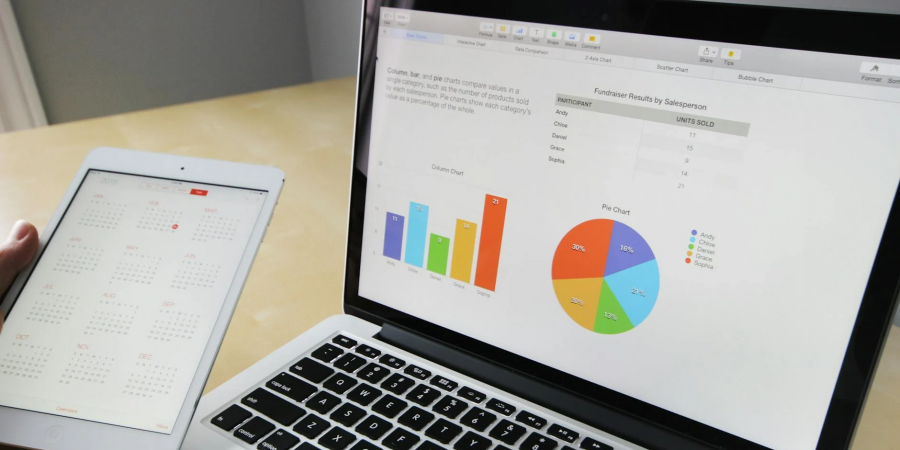

In today's digital age, the proliferation of data has become ubiquitous, permeating every aspect of our lives and shaping the way we interact with the world. From social media activity and online transactions to sensor data and scientific research, the volume, variety, and velocity of data continue to grow exponentially. Amidst this deluge of information lies a wealth of untapped potential waiting to be unlocked—the realm of data science. In this article, we delve into the fascinating world of data science, exploring its methodologies, applications, and the transformative insights it offers in the age of big data.
Understanding Data Science
At its core, data science is an interdisciplinary field that combines domain expertise, statistical analysis, machine learning, and programming skills to extract knowledge and insights from data. Data scientists leverage a diverse set of tools and techniques to collect, process, analyze, and visualize data, with the ultimate goal of uncovering patterns, making predictions, and informing decision-making.
The Data Science Lifecycle
The data science process typically follows a cyclical workflow known as the data science lifecycle:
Data Acquisition: The first step in the data science lifecycle involves collecting raw data from various sources, including databases, APIs, sensors, and web scraping.
Data Preprocessing: Once the data is collected, it undergoes preprocessing to clean, transform, and prepare it for analysis. This may involve handling missing values, removing outliers, and normalizing data.
Exploratory Data Analysis (EDA): EDA is a crucial step in data science, where analysts explore the data visually and statistically to uncover patterns, correlations, and trends. This phase often involves techniques such as data visualization, descriptive statistics, and dimensionality reduction.
Modeling: In the modeling phase, data scientists build predictive models and algorithms to analyze the data and make predictions. This may involve techniques such as regression, classification, clustering, and deep learning.
Evaluation: Once models are trained, they are evaluated using metrics and performance measures to assess their accuracy, reliability, and generalization capabilities.
Deployment: The final step in the data science lifecycle involves deploying the models into production environments, where they can be used to make real-time predictions and inform decision-making processes.
Applications of Data Science
Data science has applications across a wide range of industries and domains, including:
Business and Finance: In the business world, data science is used for market research, customer segmentation, predictive analytics, fraud detection, and financial forecasting.
Healthcare: Data science plays a crucial role in healthcare for disease diagnosis, treatment optimization, patient monitoring, and personalized medicine.
Marketing and Advertising: Data science enables marketers to analyze customer behavior, optimize advertising campaigns, and deliver targeted content and recommendations to users.
Transportation and Logistics: In transportation and logistics, data science is used for route optimization, demand forecasting, inventory management, and vehicle tracking.
Scientific Research: Data science is transforming scientific research by enabling data-driven discovery in fields such as genomics, astronomy, climate science, and drug discovery.
Challenges and Opportunities
While data science offers tremendous opportunities for innovation and discovery, it also poses challenges related to data privacy, security, bias, and ethical considerations. As the volume and complexity of data continue to grow, data scientists must navigate these challenges while ensuring the responsible and ethical use of data.
Conclusion
In the age of big data, data science serves as a powerful tool for unraveling insights, driving innovation, and informing decision-making across industries. By leveraging advanced analytics, machine learning, and artificial intelligence techniques, data scientists have the ability to extract knowledge and value from vast amounts of data, unlocking new opportunities for growth, efficiency, and societal impact. As data science continues to evolve, it will undoubtedly play an increasingly central role in shaping the future of technology, business, and society as a whole.
